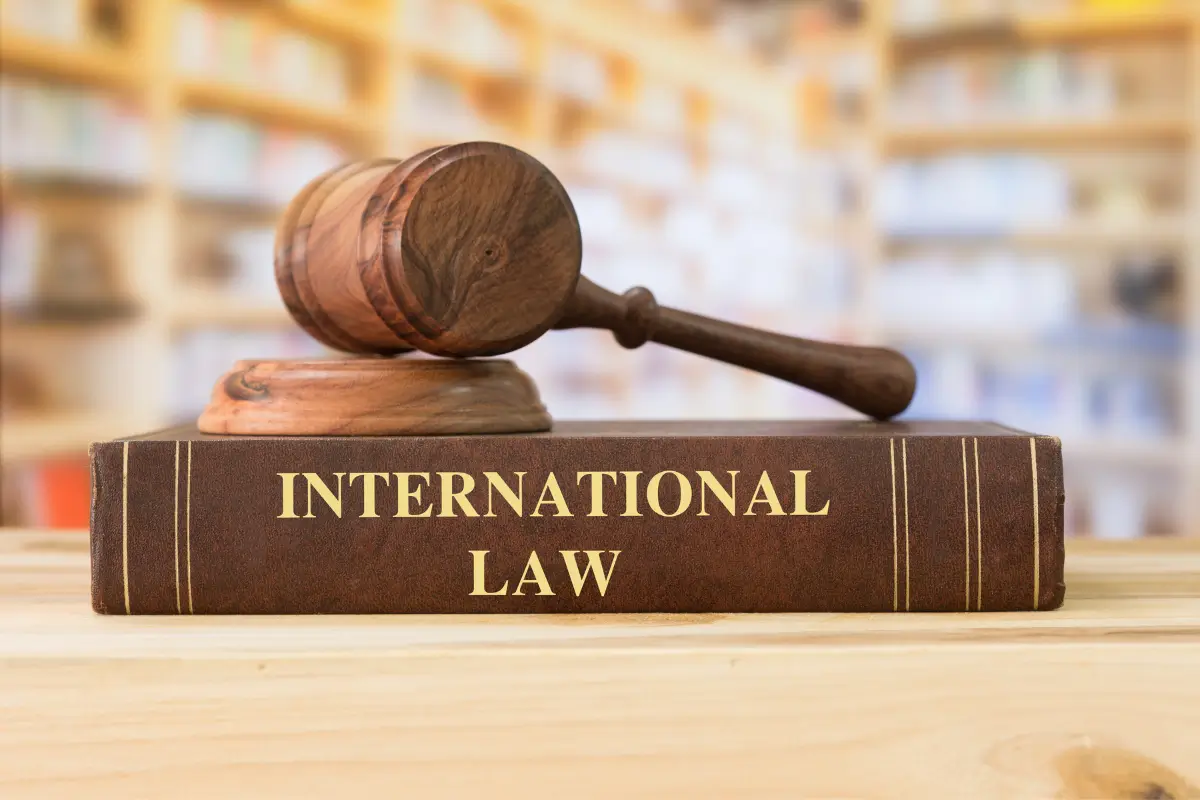The United Nations (UN) was established in 1945 after the devastating events of World War II. Its creation marked a historic commitment by the global community to maintain peace, promote cooperation, and uphold human dignity. As a global body with universal membership, the UN serves as the central platform for diplomacy and collective action. Its purposes and principles are enshrined in the UN Charter, which acts as a legal and moral guide for its operations.
Purposes of the United Nations
The UN Charter outlines four core purposes that define the organization’s role in global governance.
1. To Maintain International Peace and Security
The UN’s primary mission is to prevent war and resolve conflicts through peaceful means. It encourages diplomacy, negotiation, and mediation to settle disputes. When necessary, it authorizes peacekeeping operations to protect civilians and maintain stability in conflict zones.
2. To Develop Friendly Relations Among Nations
Another key purpose is to foster mutual respect and cooperation among countries. This includes promoting respect for equal rights and the principle of self-determination. By encouraging understanding, the UN builds bridges between diverse societies and cultures.
3. To Achieve International Cooperation
The UN works to solve global problems related to economics, health, education, and social welfare. It also supports efforts to uphold human rights and fundamental freedoms. These objectives reinforce its humanitarian role in a connected world.
4. To Be a Center for Harmonizing Actions
The UN acts as a meeting ground where countries discuss and coordinate responses to global challenges. From climate change to pandemics, its forums allow member states to align strategies and share responsibilities.
Principles of the United Nations
The UN operates on several key principles that guide its activities and define its values.
1. Sovereign Equality of All Members
Each member state, regardless of size or power, has equal status. This principle ensures fairness and respect among nations in decision-making processes.
2. Peaceful Settlement of Disputes
The UN encourages states to avoid the use of force and to resolve conflicts through peaceful means such as dialogue and arbitration.
3. Non-Intervention in Domestic Affairs
The organization must not interfere in the internal matters of member states. However, there are exceptions in cases of severe human rights violations or threats to peace.
4. Prohibition of the Use of Force
Member states must refrain from threatening or using force against each other’s territorial integrity or political independence. Military action is allowed only in self-defense or with Security Council approval.
5. Collective Responsibility
All members are expected to work together to uphold the Charter’s aims. This principle reinforces the idea of global solidarity in facing common challenges.
International Law: True Law or Positive Morality?
A long-standing debate surrounds the nature of international law. Some scholars argue that it is not a true law but merely a form of positive morality—a system of norms based on consent and mutual expectations rather than enforceable legal authority.
Lack of Central Enforcement
One reason critics deny the legal character of international law is the absence of a central authority to enforce it. Unlike domestic legal systems, there is no global police or court with absolute power. The International Court of Justice (ICJ) can issue rulings, but they rely on voluntary compliance.
Dependence on State Consent
International law primarily functions through treaties, which states agree to follow. This consent-based system strengthens its legitimacy but weakens its coercive power. States may withdraw from treaties or refuse to recognize certain norms, undermining uniform application.
Moral Obligations or Legal Duties?
Supporters of the positive morality view believe that international law expresses shared values rather than binding commands. According to this perspective, it promotes desirable conduct—like non-aggression and human rights—but lacks the strict sanctions typical of municipal laws.
However, this outlook ignores the increasing institutionalization of global legal norms. The creation of the UN, World Trade Organization, and International Criminal Court shows growing efforts to formalize and enforce rules. Even without perfect enforcement, international law shapes behavior and expectations in the global arena.
The Role of the UN in Strengthening Legal Norms
The United Nations plays a crucial role in legitimizing and codifying international legal standards. Through resolutions, conventions, and judicial mechanisms, the UN helps convert moral ideals into formal obligations. This transformation challenges the notion that international law is merely moral advice.
A keypharse in this debate is whether these obligations are truly binding. While enforcement may be limited, repeated compliance by states suggests a deep-rooted belief in the legitimacy of these rules.




